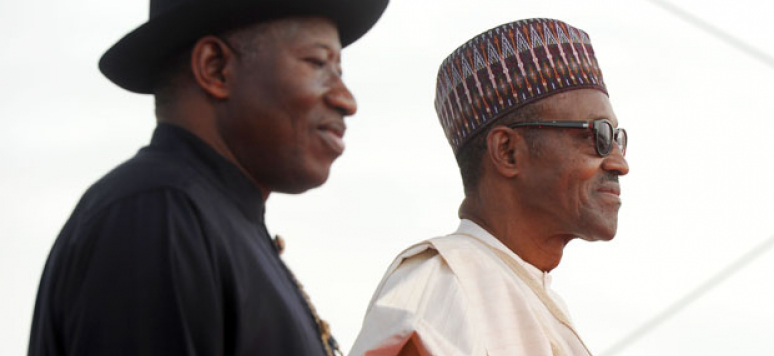Notes de l'Ifri - Nigeria: From Goodluck Jonathan to Muhammadu Buhari Notes de l'Ifri, December 2015

Nigeria has experienced a political changeover due to the presidential and parliamentary elections on 28 March 2015, enabling Muhammadu Buhari – a retired general who was in power between 1983 and 1985 – to return to office. The deadline of 2015 represented for him a fourth attempt after his consecutive failures in the 2003, 2007 and 2011 presidential elections.
It is impossible to understand why Nigerians voted for him in recent elections if we do not review the presidency of Goodluck Jonathan. The latter led the country after the death of the acting president, Umaru Yar'Adua, before being elected in 2011. Therefore, he was in office from 2010 to 2015. This period, unique in many respects, largely explains why Muhammadu Buhari came to power.
This paper will start with an analysis of Goodluck Jonathan's presidency, highly criticised in the West as well as in Nigeria. We will see that his personality, as well as his entourage did not particularly contribute to the success of his term in office. We will also examine the records of the former president: were these five years unsuccessful for the entire country, or did some sectors really manage to benefit from the growth of the new-born leading power on the continent, ahead of South Africa?
The second objective of this paper is to provide a short-term prospective analysis, particularly drawing on Muhammadu Buhari's initial decisions and appointments. Specific attention will be given to the sectors which he has identified as priorities: the fight against Boko Haram, the fight against corruption and legal penalties against corrupt politicians. Finally, we will suggest analytical perspectives on how the current administration intends to manage both the fall in oil prices and the fact that the Federation does not have financial reserves.
